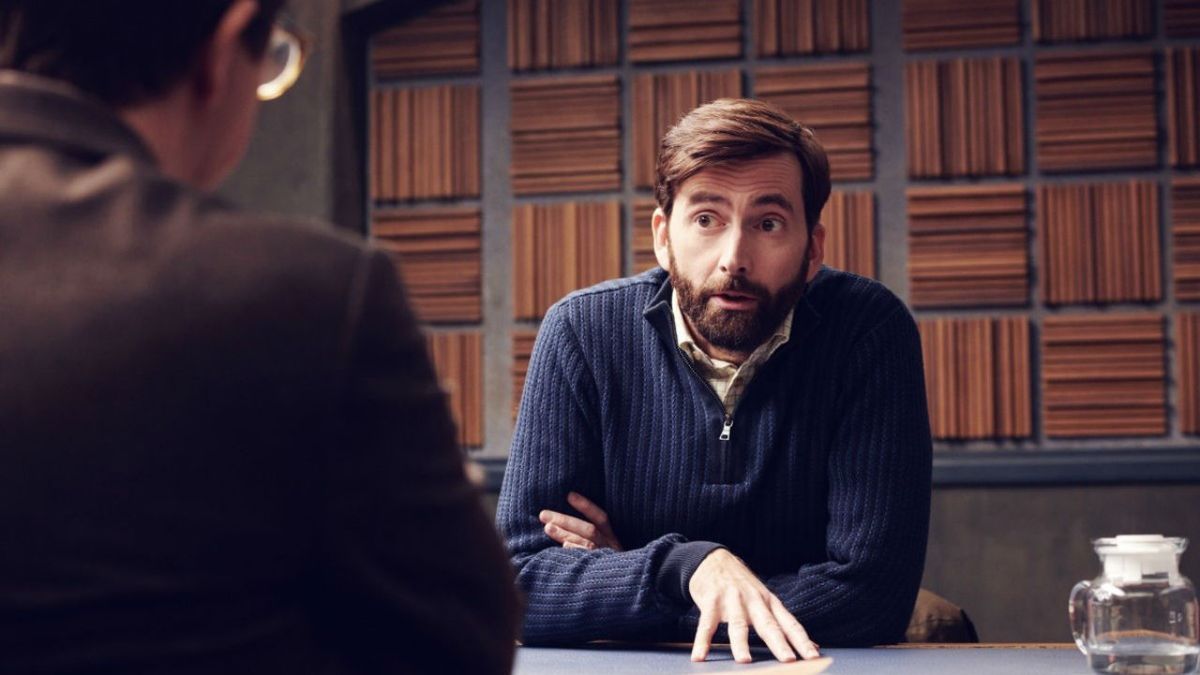Don’t expect a handsome prince. Men fiddle with a drugged young sex worker while she sleeps in Australian writer/director Julia Leigh’s haunting debut feature. Disney, this isn’t. a lyrical fable of youth and ageing, Sleeping Beauty centres on Lucy (Sucker Punch’s Emily Browning, in what could be a career-making performance), a disenfranchised twenty-something student dozing through her life.
Listless Lucy is apparently so disconnected from her body she makes extra cash inserting tubes down her throat for medical research. It’s only a step or two from the sexy silver-service job she takes at an elite gentlemen’s club to her role as professional snoozer. Browning is unapologetically naked for large portions of the film, yet her detachment shocks more than the nudity itself.
This Beauty doesn’t titillate. Nor, though, is it a feminist tirade against the abuses of the sex trade. Instead, the men who come to Lucy – grieving, angry-impotent and age-weakened – are treated with sympathy and understanding. Directed with eye-catching assurance for a first-timer, this is a conspicuously quiet, still film, with scant dialogue and functional, concise exchanges.
Leigh’s technique both intoxicates and alienates – in fact, from first till last, Sleeping Beauty feels so elliptical and strange that it’s hard to process fully on a first viewing. The hushed, reflective ending only adds to the uncertainty – yet it lingers like a vivid dream. If there’s a sticking point, it’s that the film takes itself a mite too seriously. And like those medical tubes, some plot developments take some swallowing.
In one scene, Lucy spontaneously proposes to an ex-boyfriend. In another, she rents an apartment in a glass high-rise without even looking around. And when she’s asked by a fellow sex worker to paint her lips the exact same colour as her labia, it’s hard not to raise an eyebrow. Still, this is a brave, thoughtful, highly accomplished debut that rewards as much as it challenges.
 Game News Video Games Reviews & News
Game News Video Games Reviews & News



